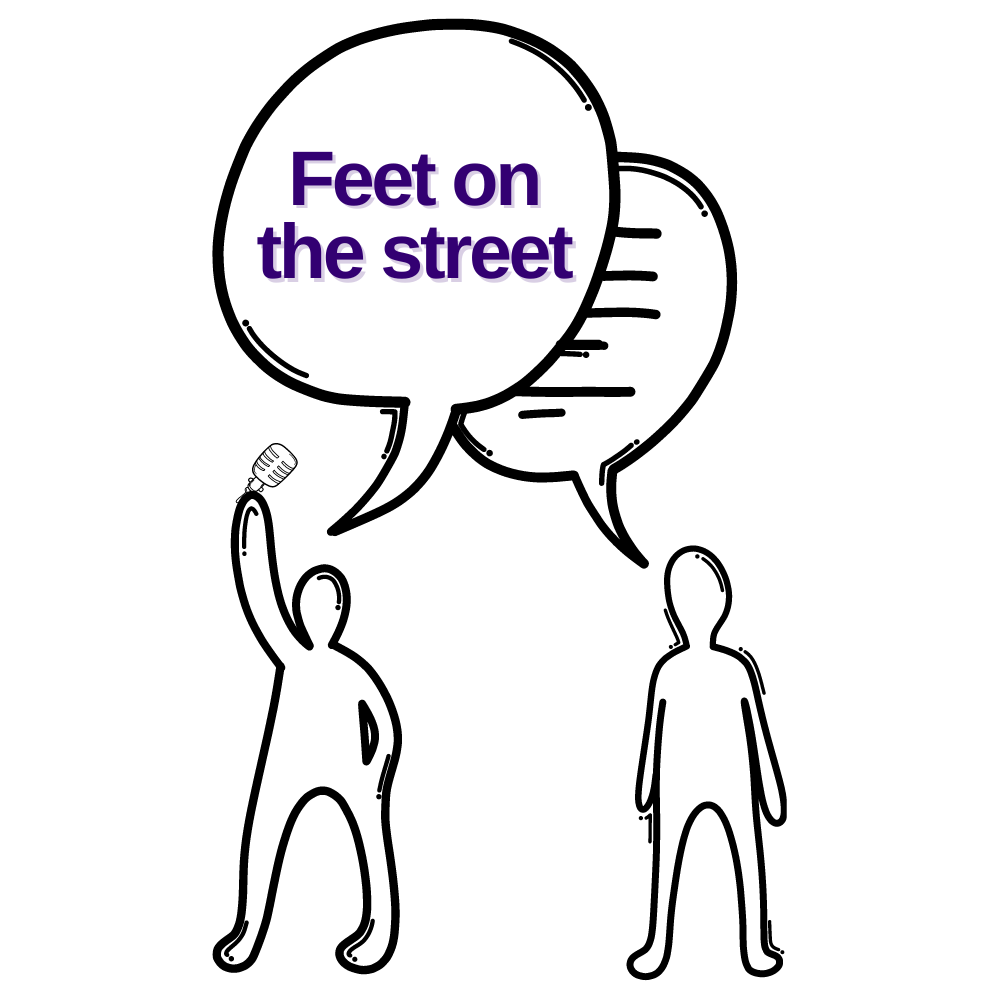One of our main responsibilities as an ICB, and one of our statutory duties is to ensure that people and communities are involved in planning of commissioning arrangements, and we are committed to ensuring that the voices, experiences and needs of local people are integral to future planning.
Case studies
Joint Forward Plan
Every ICB is expected to produce a five-year Joint Forward Plan (JFP) which sets out how we will work together with other partners to improve health outcomes, tackle inequalities, make sure we make the most of the money and services we have and help support our local area and communities to develop.
The shaping of the NHS Joint Forward Plan presented us with an opportunity to work with and hear from local people, our health and care partners, and staff to develop a plan that is locally owned, delivers the national ambitions, and recognises our collective strength in working together to resolve our common challenges. Crucially, it also gave us an opportunity to bring to life our involvement principles and experiment with what is truly possible when we are bold and brave enough to start with people and communities.

In addition, with the support of Voluntary and Community Sector (VCSE) partners working with and supporting underserved communities, we launched a small grants scheme and awarded grants to 27 local organisations who each hosted their own community conversations in which they asked people the following three questions and fed back to us.
- What’s worrying you and how will this impact your health now or in the future?
- What should the NHS be focussing on today, and in the future?
- What steps could health and care leaders take to support people and communities to manage their own health and happiness?
The purpose of the microgrants scheme was to enable VCSE partners to host conversations, framed around these three questions, in a way that worked for them. Awardees hosted budget-friendly cooking lessons, arts and crafts sessions, and coffee mornings.
In January 2023, we launched a public conversation during which, we hosted a survey to enable as many people as possible from across the Black Country to have their say on how future plans should be shaped. The survey focused on key areas such as planned care, primary care, urgent and emergency care, mental health, digital and health inequalities. The document which supported the public conversation was available in a range of alternative formats including other languages, easy read, large print, and an audio recording.
We were supported throughout January by local partners who shared the survey with their networks, and promoted the ways in which people could have their say on social media and via email. The ICB involvement team was hosted at more than 25 warm hubs across the Black Country and by a range of community groups working with a cross-section of our people and communities who helped them fill in the survey and have their say on the plan.
In addition, we also gave participants at local People Panels the opportunity to take part in the conversation and fill in the survey and take hard copies away to any groups they may be involved in or support.
A total of 1,178 completed the survey, which as a sample size of the Black Country population gives us a margin of error of 2.86%. This means that if we were to repeat the survey 100 times, the results would be 2.86% on either side of the results we have received.
The results from the involvement exercises were sent directly to those writing the Joint Forward Plan. The approach we took, coupled with the low margin of error, should give authors enormous confidence in setting priorities and plans which are rooted in what matters most to local people and communities.
Developing an ICS Cancer Strategy
The Integrated Care System (ICS) is developing a cancer strategy for the Black Country and the Integrated Care Board (ICB) are taking a lead role in shaping and coordinating. We know that despite recent advances in technologies and evidenced-based care, cancer remains a major health problem and disparities are widening.
Despite recent advances in technologies and evidenced-based care, cancer remains a major health problem and disparities are widening.
Cancer type, where a person lives, their cultural identity, and their social-economic status are key determinants of outcomes.
Implicit with this focus is the recognition of the role and contribution of Experts by Experience and the Voluntary, Community and Social Enterprise (VCSE) sector – as both strategic and delivery partners.
We are planning a three-phase approach to involving people and communities in shaping the vision and priorities of the strategy comprising of:
- phase 1 - a rapid research review to understand what insight and data already exists
- phase 2 - a listening exercise by all ICS partners to describe the ambition, priorities and what we’ve already heard/already know
- phase 3 - feedback and analysis from phases 1 and 2 to be meaningfully considered and built into the strategic vision.



